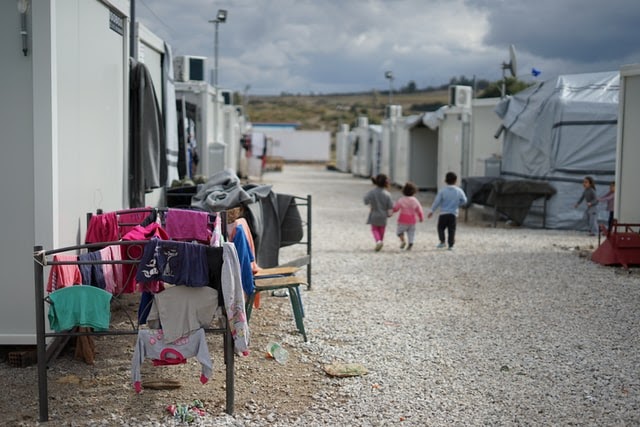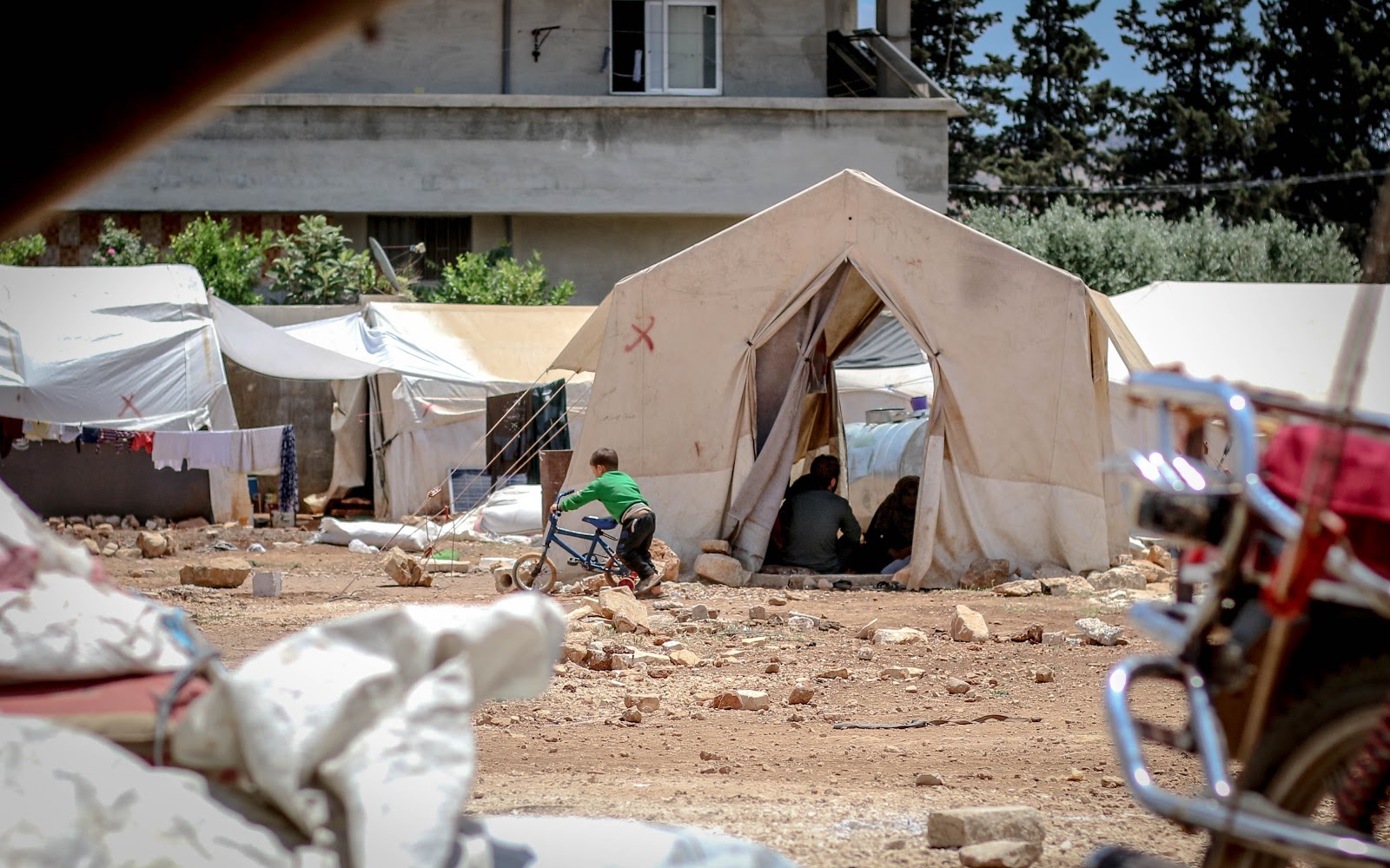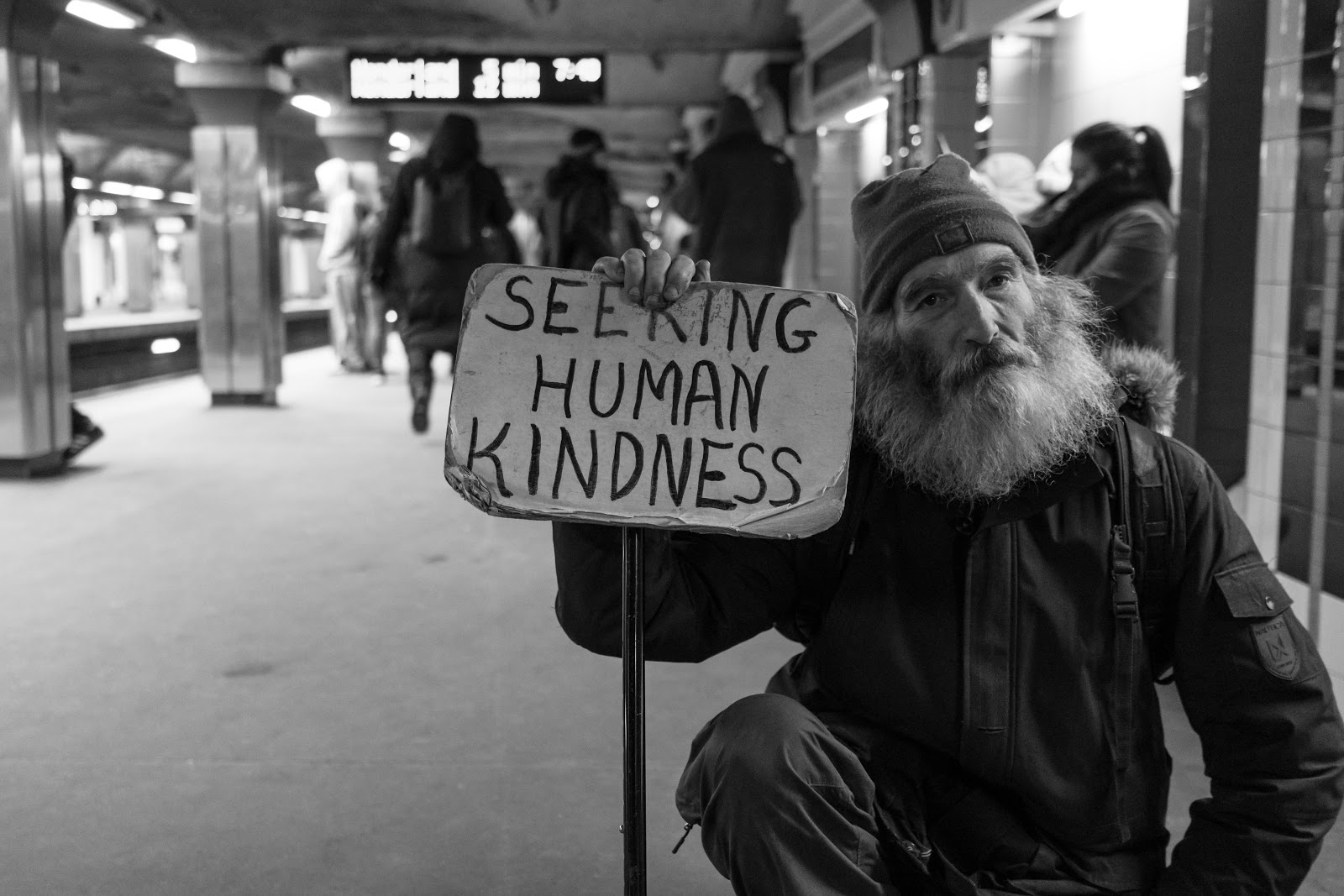1,000,000,000 people. One in seven of us. That’s the number you’ll get if you add up all the people categorised as migrant workers, refugees and asylum seekers, internally displaced, and those who are stateless or living in areas that are not under government control.
Those who fall into one or more of these categories live with economic, social and legal vulnerabilities. Health and well-being are also under stress. And, since the outbreak of COVID-19, the risk of outbreaks in refugee camps or in the cramped living quarters of migrant labourers has been a major concern for international agencies. Social distancing is often impossible; hand-washing and mask wearing may be challenging.
Now, as COVID-19 vaccines offer a route out of the year-long crisis, attention is turning to immunising refugees and so-called ‘hard-to-reach’ (or under-served) communities. Several countries, including Jordan, Lebanon and the Maldives are working with vulnerable groups to design clever ways of building trust and delivering vaccines. Addressing fears around deportation for undocumented individuals is key to enaging people in immunisation services.

The challenges
Speaking at an EPI-WIN webinar, Dr Santino Severoni, Director of the WHO’s Migrant Health Programme, said vulnerable populations are at risk but have potential to contribute positively to society if given opportunities. Reaching undocumented migrants can be difficult, he said, particularly if there is a lack of trust in the state or a perceived risk of deportation. ‘Taking an inclusive approach to public health is absolutely essential to society,’ Dr Severoni said.
Those permitted to work can be found on the frontline of health and social services, as well as in essential jobs in the food processing industry. He noted that the first vaccine against COVID-19 was developed by two scientists who had themselves migrated from Turkey to Germany several years ago.
Dr Eba Pasha of the WHO’s Global Health Cluster COVID-19 Task Team said national vaccination plans should include specific consideration of hard-to-reach populations, including the estimated 60-80 million people who are stateless, living in occupied territories or in areas where governments have limited control. ‘However, too few national plans mention populations of concern,’ she said. Dr Pasha said community mobilisation and the use of existing structures for delivering polio vaccines could help to engage minority groups.
Data is hard to come by on the proportion of people in refugee camps who have received a vaccine. But some countries are designing innovative ways to identify and vaccinate those who might otherwise be missed.
Click to watch this WHO video on YouTube. You will leave Vaccines Today.
Country snapshots
Despite the difficulties arising from reaching vulnerable populations, several countries have used online influencers, religious leaders, television cartoons, and community youth workers to build trust and encourage demand for COVID-19 vaccination.
Jordan
The country is home to more than 2 million registered Palestinian refugees and hosts 1.4 million Syrian refugees, along with approximately l30,000 Iraqis and 31,000 people from Yemen. In addition, between 15% and 18% Jordanians live in monetary poverty.
‘Everyone in Jordan is entitled to a free COVID-19 vaccine,’ said Ruba Hikmat of UNICEF-Jordan. ‘In addition to the challenge of reaching some people, there is the wider problem of vaccine hesitancy and misinformation.’
Jordan uses social listening to track rumours and understand the concerns of the public. They have mobilised singers, artists, scientists, social media stars and religious figures to reach vulnerable groups. A combination of cartoons, webinars and community-driven projects have helped to build awareness and trust. Some 800 health professionals, social workers, youth workers and female community leaders have helped to communicate with specific populations. ‘The messages are easy to digest and culturally sensitive,’ Dr Hikimat said.

Lebanon
Like Jordan, Lebanon has an exceptionally large migrant population. Around 25% of people in the country are refugees, according to UNICEF’s Luca Solimeo. COVID-19, rolling political crises, and an enormous explosion in Beirut in 2020 have added pressure to a system under strain. Registering vulnerable populations remains difficult, with many fearing that information will be used against them by the government.
Due to a lack of trust in the national government, Lebanon is empowering municipalities to lead vaccination campaigns and working with the International Organisation for Migration (IOM). Mobile clinics, run by an NGO, are providing information on COVID-19 vaccines along with access to doctors and ‘hygiene kits’. People attending the clinics can choose to register for the vaccine using a smartphone-friendly portal.
Maldives
The Maldives has already immunised half of its population, making COVID-19 vaccines freely available to all, including migrants. Fathimath Himya, Secretary General of the Maldividan Red Crescent, said the first undocumented migrants were vaccinated in late February. Volunteers are staffing vaccination centres, mobile clinics and a migrant support call centre.
The Red Crescent is registering undocumented workers and, in agreement with the government, their data will only be used for the purposes of vaccination. ‘Following the principle of data collection during a humanitarian response, the information we collect is not shared with other authorities,’ she said.

Iraq
More than 600 primary care centres, supported by 50 hospitals, are administering vaccines to priority groups in Iraq. To date, frontline health workers, older people, the security forces and those with pre-existing conditions have been prioritised. A small number of refugees and displaced people have been vaccinated. This will expand as more doses arrive from COVAX, as well as vaccines donated from China and purchased from Russia.
Dr Kamal Olleri, WHO Health Cluster Coordinator in Iraq, said the arrival of COVAX vaccines had boosted credibility and accelerated the rollout. Hesitancy is a significant challenge, including among Ministry of Health employees and health workers. Communication on the benefits of vaccination has increased in recent weeks. ‘These messages have been put together in a simple language and are currently being translated into local languages, which will then be disseminated as widely as possible.’

United Kingdom
The UK has delivered tailored campaigns to minority communities since the beginning of its successful vaccine rollout. Reaching refugees and asylum seekers poses unique challenges, despite their entitlement to free healthcare from the National Health Service, according to Zainnab Makele at the UNHCR office in the UK. Research suggests that 43% of migrants were fearful of seeking healthcare in case their legal status was challenged, while 56% of those with refugee status worried that the NHS would share their data with immigraiton authorities.
To address this, there has been a de facto ‘vaccine amnesty’ during which health authorities have run campaigns reassuring vulnerable groups that there will be no immigration checks when they register for a COVID-19 vaccine. To address the wider issue of misinformation around vaccines, information has been translated into several languages and community champions mobilised to engage with hesitant communities.
Serving the under-served
For countries aiming to suppress COVID-19 transmission through vaccination, it is vital to reach ‘hard-to-reach’ groups – even if this takes time. This means addressing specific issues arounds vaccine hesitancy and addressing concerns around data privacy.
Failure to do so will allow pockets of vulnerability in the community where sporadic outbreaks can continue. It could also heighten the risk that new variants of the virus emerge, threatening to unpick the success of vaccination programmes.




